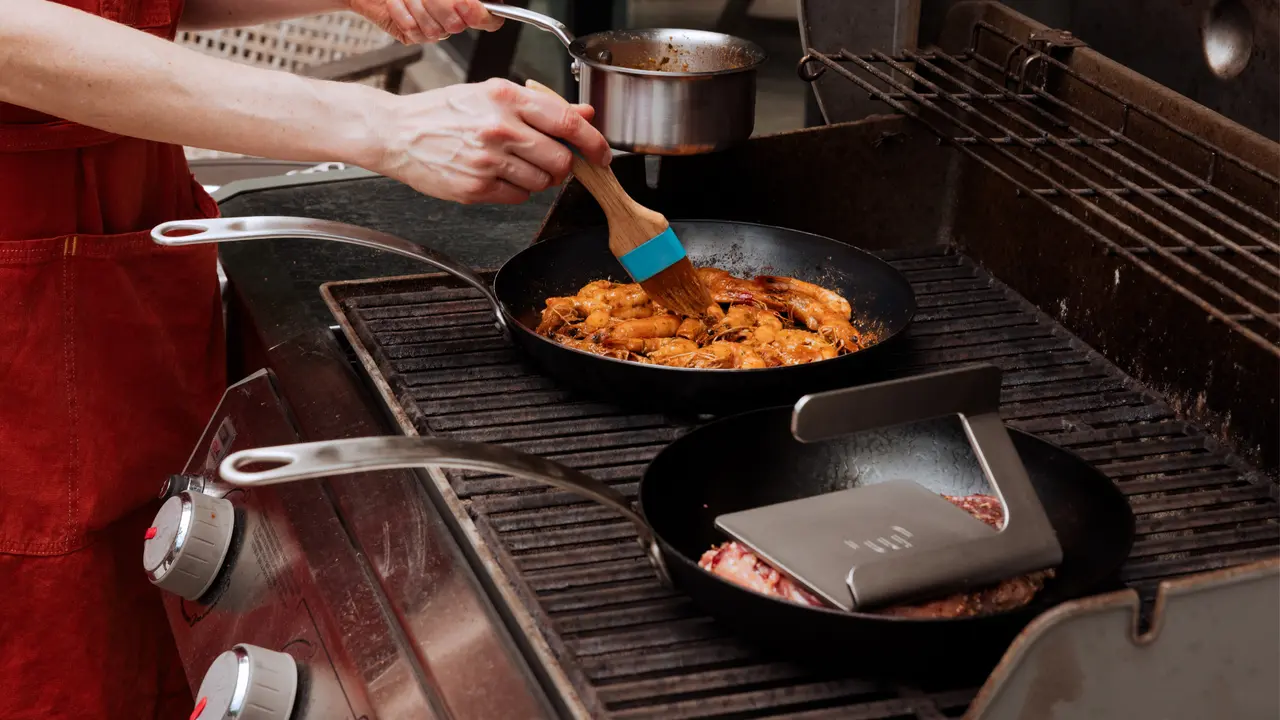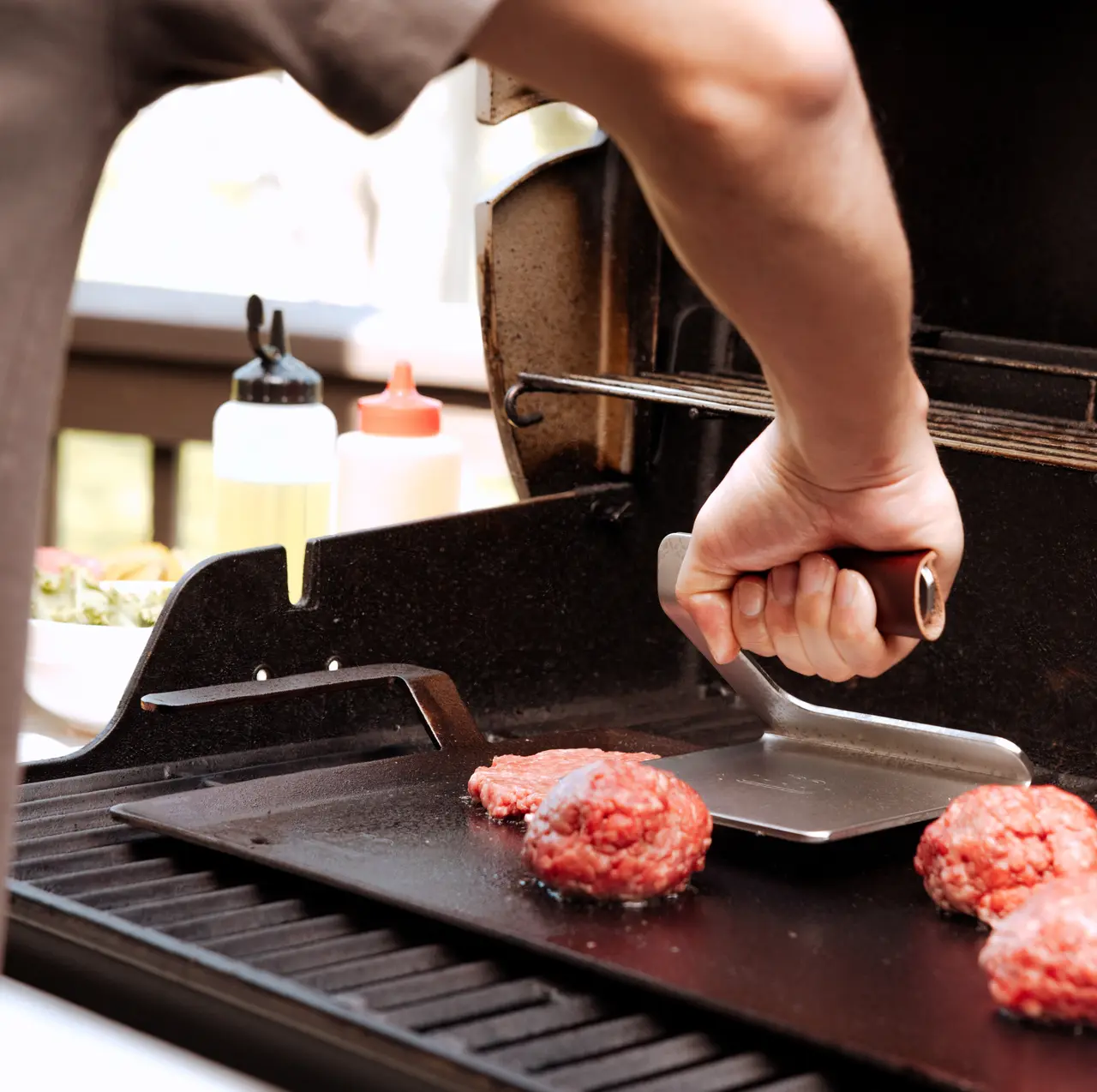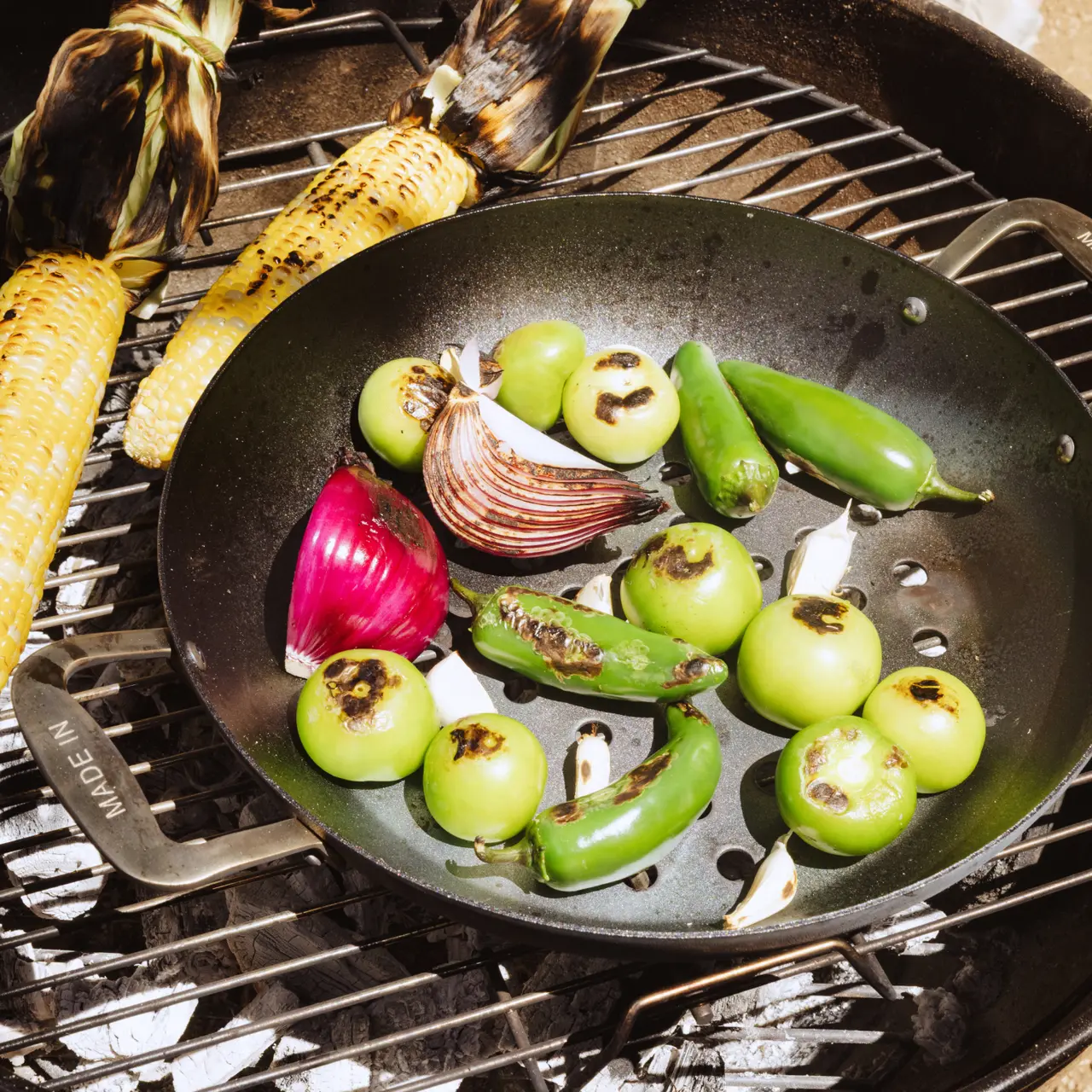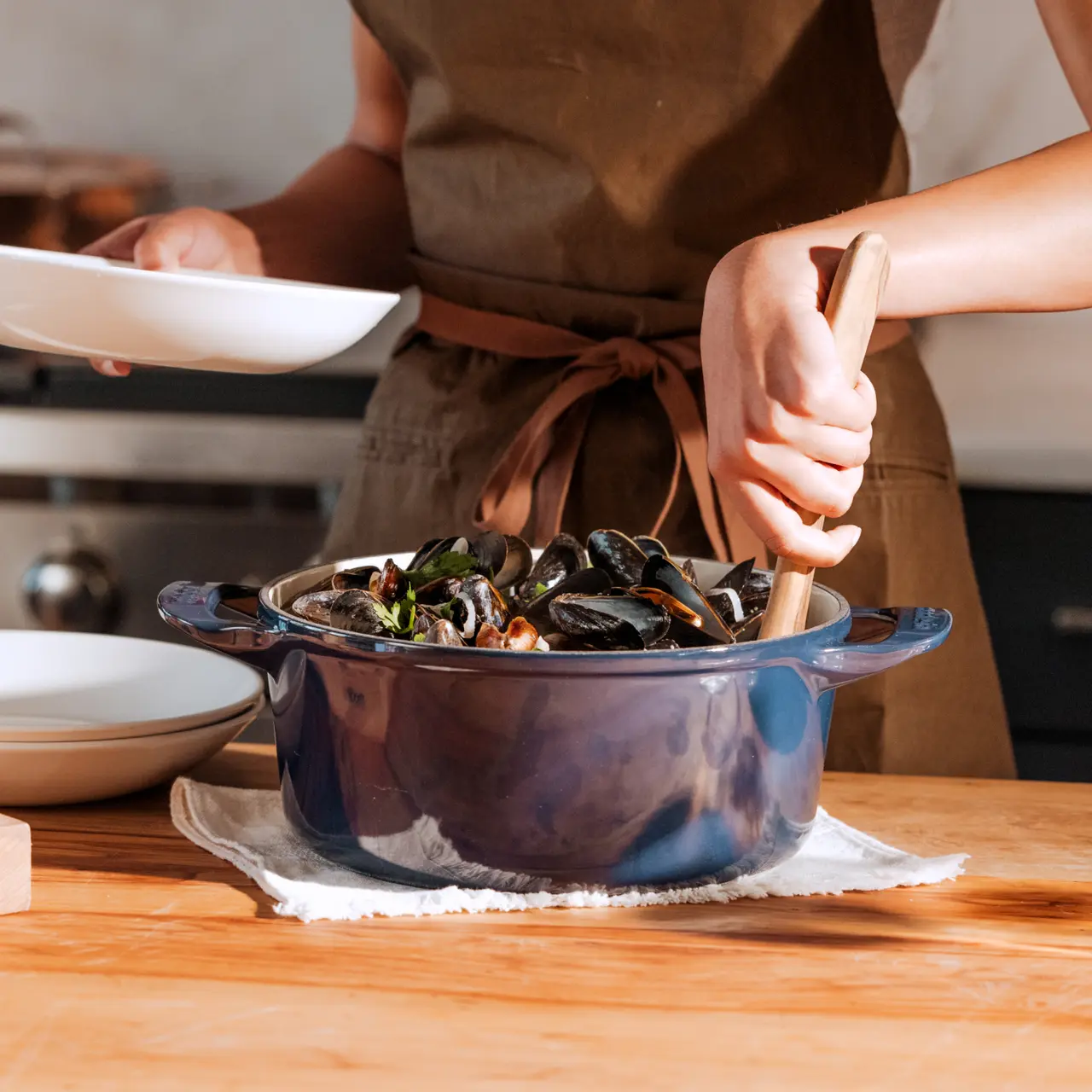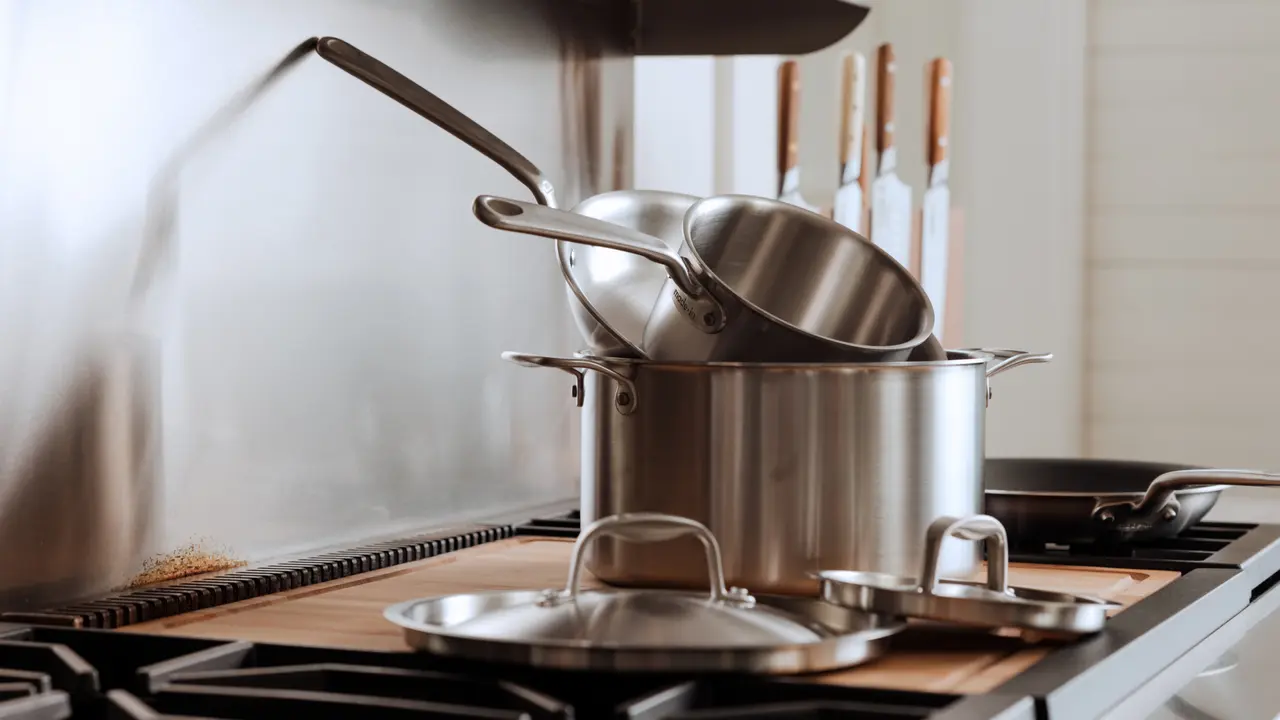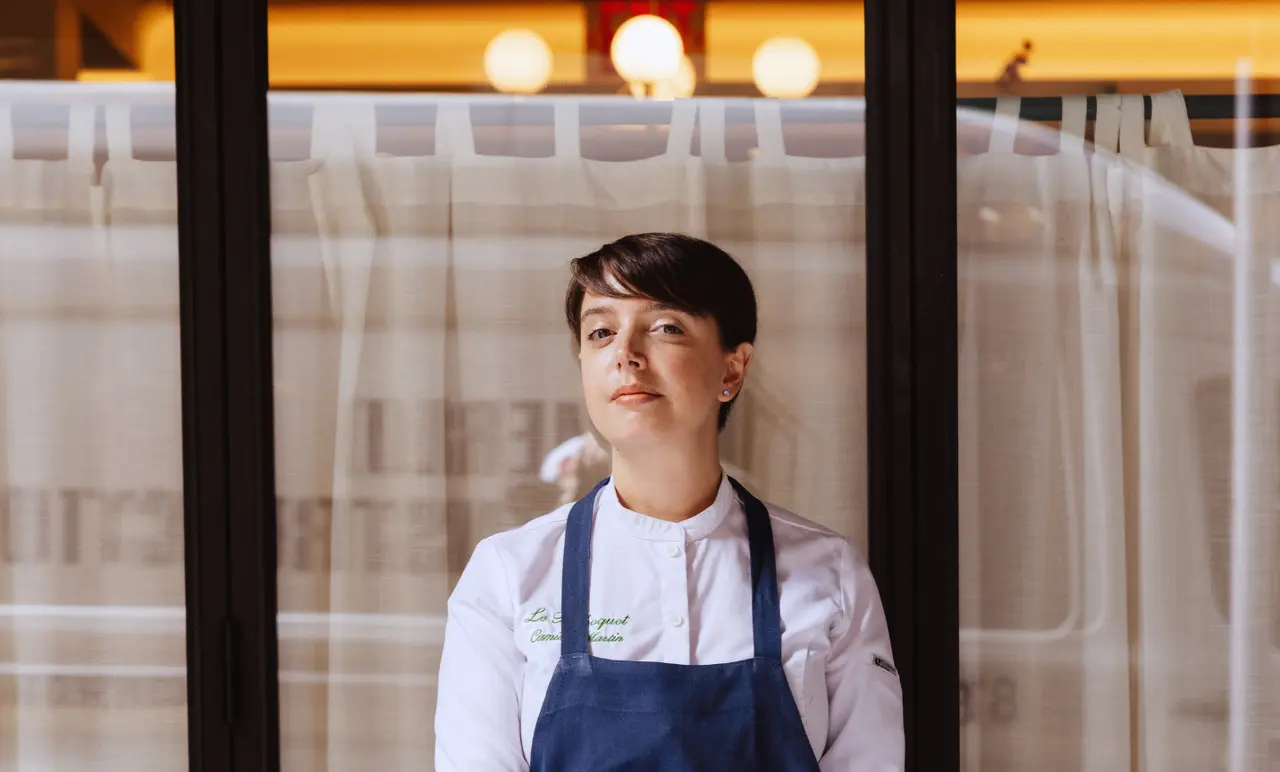In May 2020, there weren’t a lot of job openings in New York City, but Chef Alex Tubero applied to the three he could find— a cook position at Newark Airport, a butcher position at Costco and an Executive Chef position at a restaurant called Amali. Newark Airport and Costco never called him back. But Amali did.
Amali is located on Manhattan’s Upper East Side, between Lexington and Park Avenue. It features seasonal Mediterranean-inspired fare and boasts a wine list with over 400 selections. Prior to Chef Tubero’s employment, the restaurant had been open for a decade. It was successful, but even still, Chef Tubero wanted to change things up.
Before this job, Chef Tubero admits he’d never been to Amali, despite it being close to his apartment. He wanted to bring his fine dining experience to the table and refine the menu in simple ways, starting by highlighting the restaurant’s already established Mediterranean background.
“I wanted to change everything and do it my way, but it was a 10 year old restaurant. It’s not that they didn’t want to change, but you know, if it’s not broken, don’t fix it,” Chef Tubero says.
One of the biggest changes he made was shifting Amali’s mindset. “It's more of the Mediterranean mindset now, rather than just copying Mediterranean cuisine,” Chef Tubero explains. “The idea is to get the best ingredients you could possibly get at their peak and then do as well to them as possible.”
He describes one of the dishes he thinks exemplifies the new Amali best, one that he brought to the restaurant. “We make all our bread in house and we have a sesame bread that plays on the Greek background of one of the owners.”
The bread is shaped in a large ring, as if someone took a bagel and stretched it. Chef Tubero knows them as Jerusalem bagels, but he explains that they have different names around the Mediterranean.
“When Israelis come to the restaurant, they think it's a Jerusalem bagel. When Greek people come to the restaurant, they think it's koulouri. And then New Yorkers think it's a bagel and cream cheese. I would say it’s the star dish. That’s what we're trying to do—bring all parts of the Mediterranean together, but also be a New York restaurant.”
And yet, while this dish has been the most successful on the menu, Chef Tubero’s true passion is pasta. So he changed that, too.
“You used to see a lot of pasta at Amali, but it was always dry pasta. Now we do all fresh pasta.
Chef Tubero notes that each type of pasta is unique and requires specific attention to detail. Currently, there are five different pastas on Amali’s menu—spaghetti, tagliatelle, ravioli, bun-shaped cavatelli, and spaetzle-like frascatelli.
Like all restaurants, the pandemic has been hard on Amali, specifically with rising costs in food. “It's an extra $120,000 a year we're spending on just oil and butter,” Chef Tubero says. “We should be at a 30% labor cost, but our labor cost is around like 50%. And then we still have rent, utilities, insurance. So, if you only want to pay like $20 for a filet, it's just not gonna happen, at least not without sacrificing everyone else's wellbeing.”
And that is something that Chef Tubero is just not willing to do. He explains that Amali recently did away with tipping and now factors in an 18% gratuity to ensure their servers are taken care of instead of having to rely on the generosity of customers.
Needless to say, Chef Tubero’s mission of redefining Amali has been successful, despite the strain of the pandemic, if only through a combination of his business prowess and culinary skills.
“They believed in me, they let me change everything. I got a lot of people back to work that I cared about. We had an amazing team and we kept everyone hired during the pandemic. We didn't let the owners lay off a single person.”
This is no small feat, especially since this is Chef Tubero’s first Executive Chef position. He has recently been promoted to Culinary Director for the whole Civetta Group, which manages properties all over New York City.
The key to his success might just be this: Chef Tubero doesn’t spare any expenses when it comes to the quality of his product. He tries to keep things simple.
“I think a lot of chefs like to do things that make their lives harder because they think it tells a cool story. But I say this to all my sous chefs and my cooks, if we're gonna do something, it better make a fucking difference, you know?”


